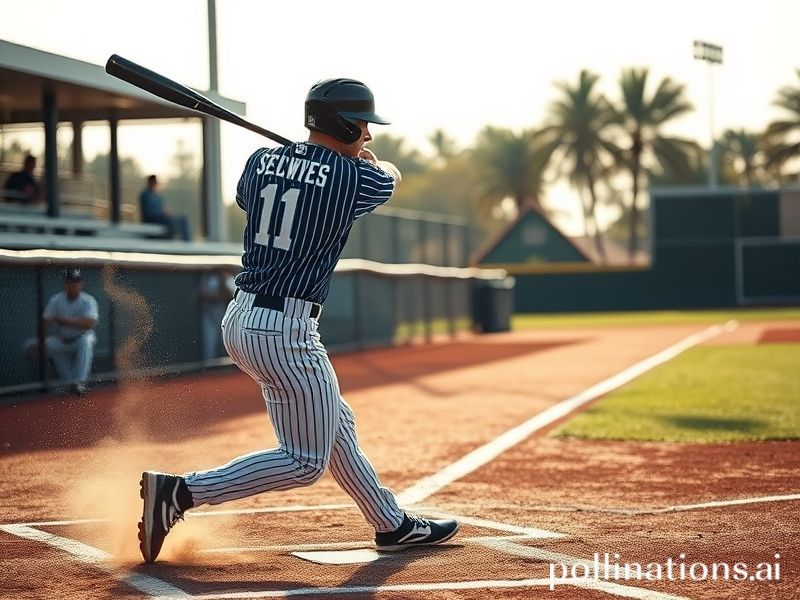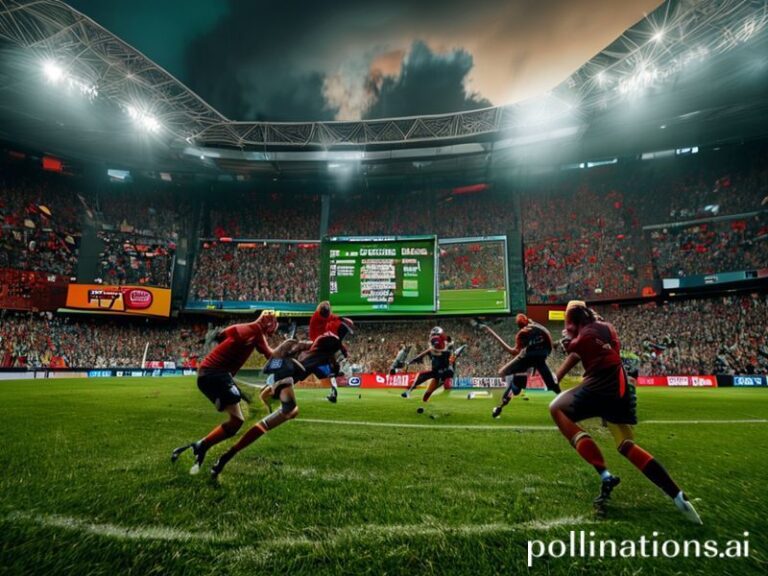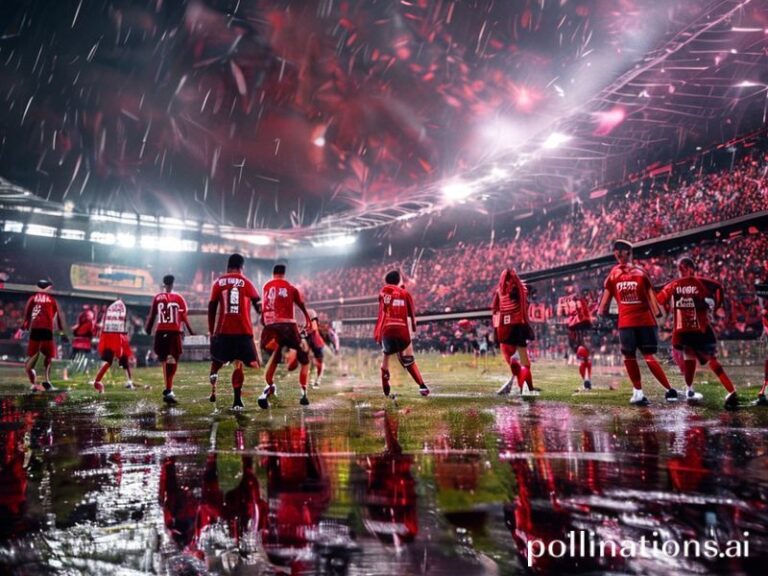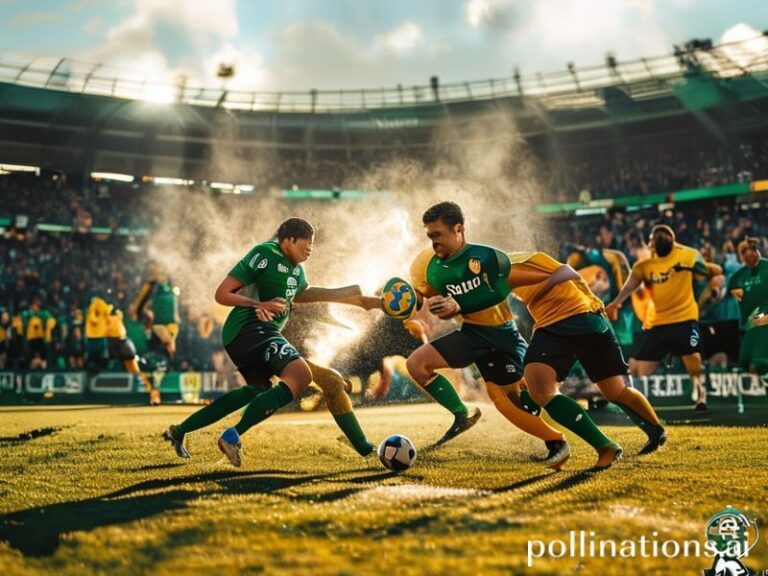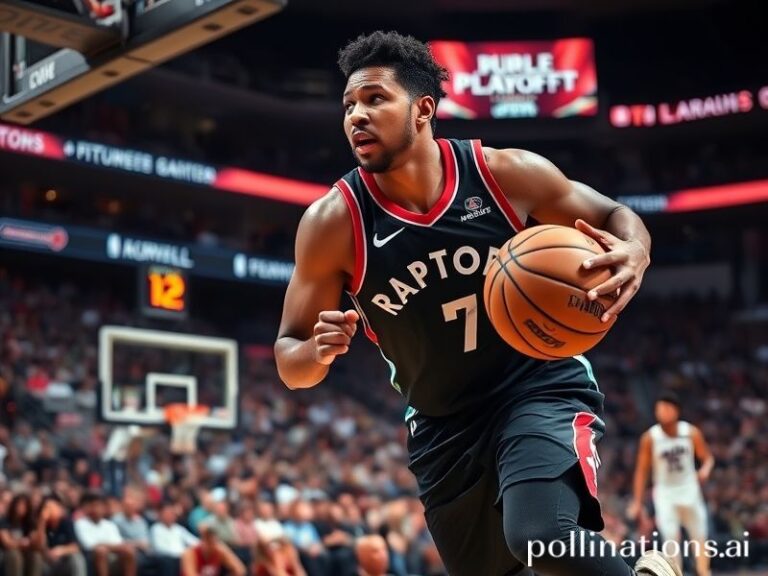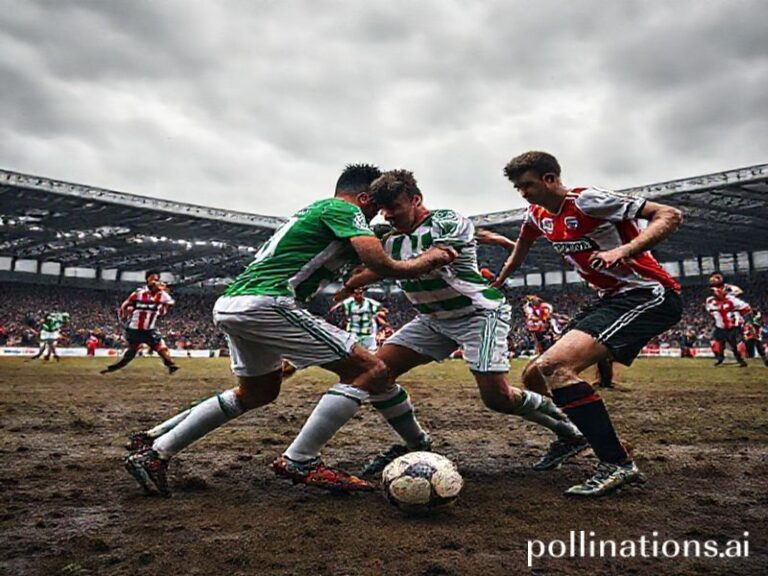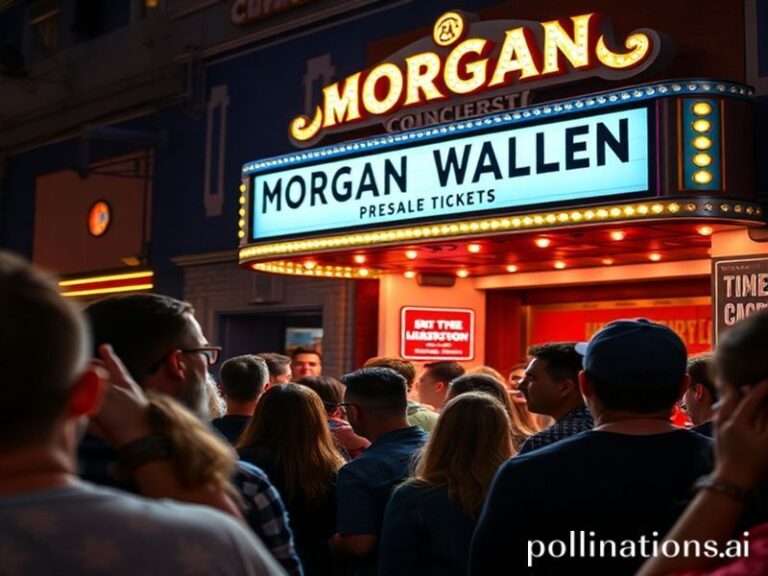SeaWolves Baseball: America’s Honest Export in an Era of Global Deception
**The SeaWolves of Erie: America’s Minor League Marvel in a World on Fire**
While the planet grapples with climate agreements that everyone signs but nobody reads, and democracies elect leaders who can’t remember why they ran in the first place, the Erie SeaWolves continue their noble pursuit of baseball excellence in Pennsylvania’s rusting belt. It’s almost quaint, really—grown men chasing leather spheres as the world burns, both literally and figuratively.
The SeaWolves, for those who’ve been too busy watching civilization’s slow-motion car crash, are the Double-A affiliate of the Detroit Tigers—a team whose major league counterpart has been perfecting the art of disappointment since 1984. But here’s where it gets interesting for our international readers: this minor league operation might be the most honest thing America exports these days.
Consider the global implications. While China builds islands faster than a toddler with blocks and Russia plays “find the nerve agent” with dissidents, the SeaWolves offer something refreshingly transparent: you hit the ball, you run the bases, and eventually someone wins or loses. No hidden agendas, no cryptocurrency laundering, just good old-fashioned athletic futility under stadium lights.
The team plays at UPMC Park, a name that sounds like a medical condition but actually represents corporate America’s final triumph—when even our ballparks require pharmaceutical sponsorship. It’s fitting, really. Watching minor league baseball requires the same suspension of disbelief as believing democracy still functions: you know it’s mostly theater, but you participate anyway because the alternative is facing the void.
From an international perspective, the SeaWolves represent something profound: America’s stubborn refusal to acknowledge its own decline. While European cities convert abandoned malls into refugee housing and Asian megacities build vertical forests, Erie doubles down on baseball—a sport whose primary export these days seems to be nostalgia and chewing tobacco spit.
The SeaWolves’ roster reads like a United Nations of dashed dreams—Dominican players escaping poverty, Venezuelan athletes fleeing economic collapse, American kids who thought sports would save them from working at Amazon warehouses. They’re all united in that peculiarly human trait of hoping tomorrow will be different, even as today looks suspiciously like yesterday.
Global supply chain disruptions? The SeaWolves have that covered—their bats come from Louisville, their uniforms from whatever Indonesian factory hasn’t collapsed recently, and their hope manufactured locally, though supplies are running dangerously low. Inflation hitting 40-year highs? A beer at the park still costs less than a tank of gas, making it one of the few affordable family activities that doesn’t involve Netflix and existential dread.
The broader significance becomes clear when you realize that minor league baseball might be our most honest institution. Unlike crypto billionaires who disappear with everyone’s money, or politicians who discover their principles were just campaign promises, the SeaWolves deliver exactly what they advertise: nine innings of mostly competent baseball played by people who know they’re one injury away from selling insurance.
In a world where truth has become negotiable and facts are apparently democratic, there’s something almost heroic about a third baseman who knows exactly where he stands—usually between second and third base, wondering if he should have studied accounting.
As the SeaWolves chase another championship that approximately twelve people will remember, they unwittingly embody our global predicament: we’re all just trying to get through the season, hoping someone in the stands is still watching, still caring, still believing that tomorrow’s game might somehow matter more than today’s headlines.
Play ball, humanity. Play ball.

